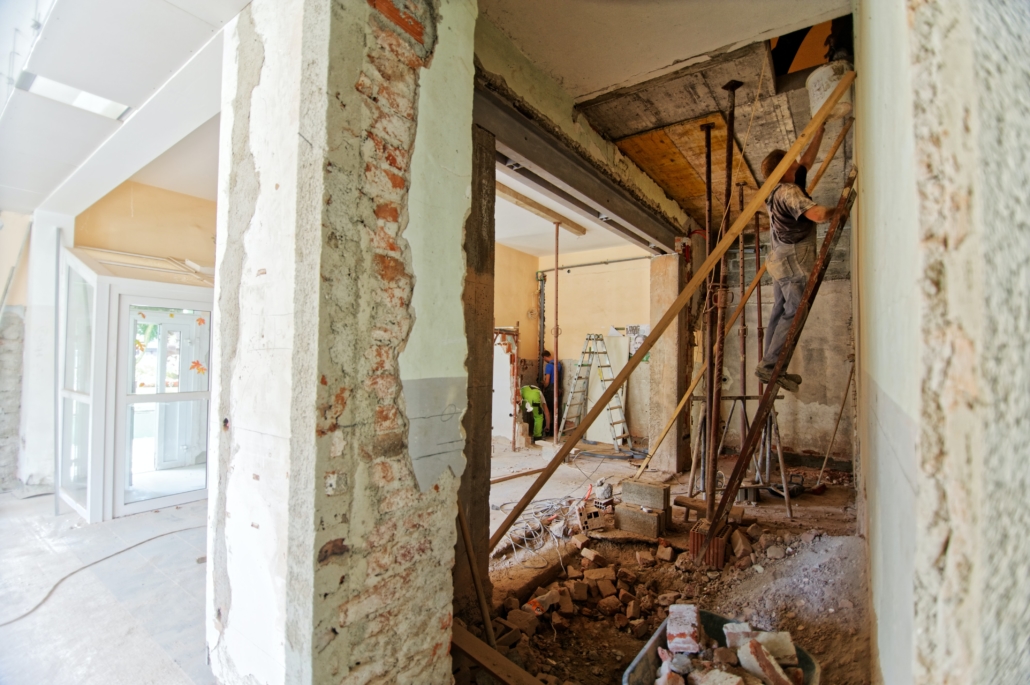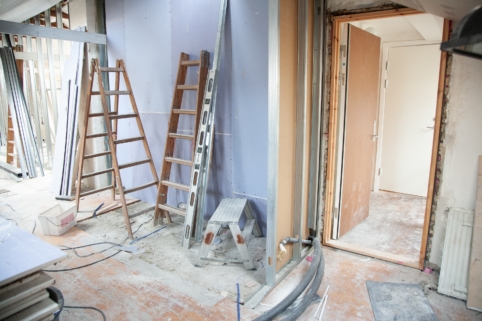Things to Consider Before You Buy a House that Needs a Lot of Work
Most people want to make a few changes to a property when they buy it, to make it their own, and bring it to their particular standards. However, if you’re planning to buy a fixer-upper, be aware of what you might be getting yourself into.
While a renovator project is going to be less costly to buy upfront than an already refreshed place, you must do your due diligence to ensure you don’t bite off more than you can chew. Consider and research a variety of factors before you sign on any dotted lines.
Know What You Can Afford

Many people think that buying a fixer-upper for a lower price then doing a few renovation tasks will have them seeing profits in no time. However, in reality, remodel work tends to be both more time consuming and more expensive than expected. As a result, it’s easy to get into a situation where you’ve spent much more money than planned or perhaps can even afford. Sometimes buyers can’t even finish their project because they’ve run out of funds.
To avoid landing in this situation, get clear on exactly how much money, in total, you can afford to spend. Have a set allocated figure, and work back from there. Anytime you look at properties, you subtract the likely purchase price from your budget and see if you’ll have enough funds left over to renovate adequately.
When factoring in financial elements, try to allow for every cost that could arise. This means more than simply the purchase price of the home and laborer and material fees. Don’t forget things like realtor and legal fees, demolition and removal charges, insurance costs, home warranty to cover appliances and other home systems, inspection costs, and so on.
Be Clear on Goals and Expectations
Be clear on your goals for the project, too. That is, are you buying a house to do up to your personal specifications and live in for years? Or are you tackling the task to flip the home ASAP after you’ve renovated it? Perhaps, alternatively, you’re planning to refresh a property so you can rent it out for a top dollar? No matter what you plan to do with the home after its facelift, you need to know what you hope to achieve. Let this guide you when shortlisting properties.
Know your expectations, too. With so many home-renovation reality shows on television now, many people think the process is straight forward and always results in a profit. However, believing you’ll get the same outcomes as the people on TV who usually have years of experience and a vast support system behind them can set you up for failure. Try to have reasonable expectations and plans in place for how you’ll deal when things go wrong.
Organize Inspections
One of the top tips for buying a fixer-upper is to invest money in proper inspections conducted by licensed, experienced, and adequately trained contractors. Before you commit to purchasing a property, know what you’re getting. Some houses look fine on the surface, like they only need a few inexpensive cosmetic touches, but when you start to get into the renovation work, you discover all sorts of more significant problems.
Some of the checks to consider include roof certifications, pest inspections, engineering reports, sewer line inspections, and building reports. Be on the lookout for fundamental, structural, and costly issues that people bring to your attention, such as roof or gutter replacements, shoring up foundations, building garages or additions, and pouring concrete for new driveways.
Other expensive work includes complete kitchen or bathroom remodels and replacing electrical wiring, sewer lines, and plumbing systems. Plus, think hard about buying homes that require you to outlay money on installing replacement windows throughout the house, getting rid of asbestos, mold, and mildew, and replacing or installing HVAC systems.

A fixer-upper home is always going to need work, which takes time and money, but it’s vital to separate extensive rehab needs from more affordable cosmetic tasks. At the end of the day, though, the rehab you can afford and want to do comes down to your specific situation and preferences. Speak with builders and contractors to get quotes on work (and add extra for unforeseen costs), so you can work out if you have the potential to make enough of a return on investment or not.
Buying a rundown property and turning it into something fresh, appealing, and updated is both exciting and nerve-wracking. Give yourself the best chance of success by considering the factors listed above before you sign any purchase contracts.

